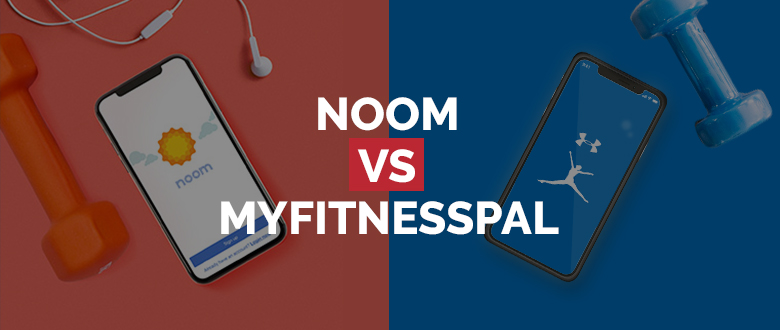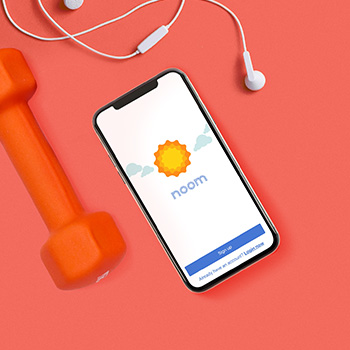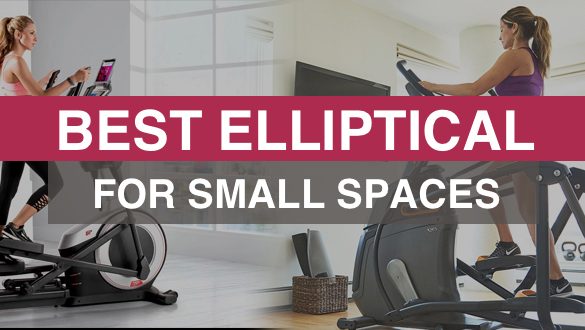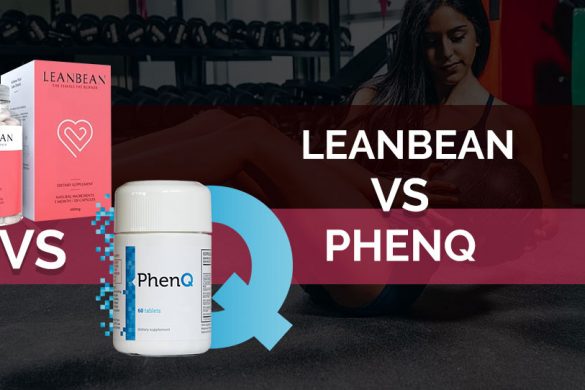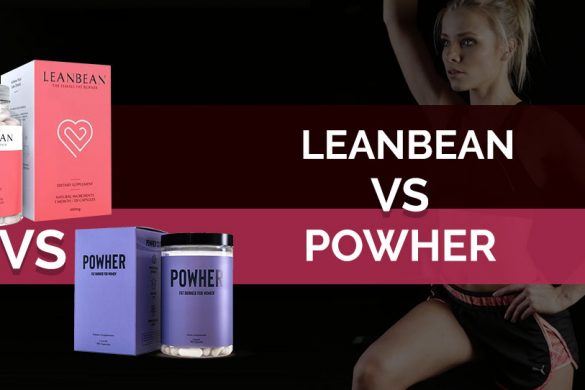FTC Disclosure: This post contains affiliate links. I receive customer referrals fees from companies on this website/post. All data & opinions are based on my experience as a paying customer or consultant to a paying customer.
Noom and Myfitnesspal are two of the most popular fitness apps in the market right now. Both have their strengths and weaknesses, but which is better overall?
I got stuck into the nitty-gritty so you don't have to, read on if you want to find out more.
To crown one of these apps the weight-loss champ, we first have to look at what they're offering -- similarities and differences. Let's start by looking at an overview of the services provided by each fitness app in turn.
Noom
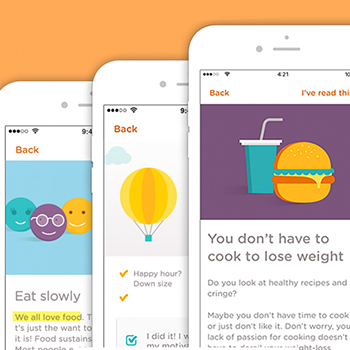
Myfitnesspal
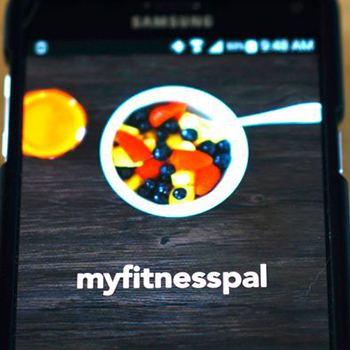
Now let's look at how these services compare, let's get stuck right in.
Calorie Counting = Noom
Logging food into Noom is fairly straightforward. You load the app on whichever one of your devices suits best and select the "log your meals" feature.
The meals are categorized into times of the day. You simply choose what you are planning to eat, and it tells you how many calories that meal is. The app can even build a diet plan for you, it’s similar to other programs like Weight Watchers in this regard.
The process is much the same with the Myfitnesspal app. You can create your own meals or add food and items that you don't find in the database. You can look at your intake on a day to day basis or the bigger picture by checking in on your weekly tracker.
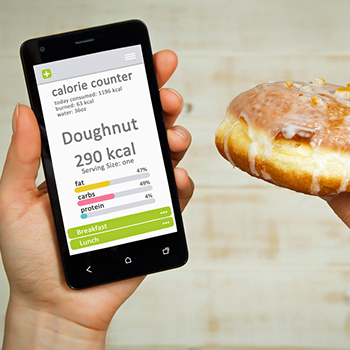
Why then do the same foods sometimes come up with different calorie intakes on the two apps? A boiled egg, for example, is 78 calories on Noom and 82 on Myfitnesspal. This is down to where the apps source their nutritional data. If you read the reviews and feedback online, it seems that most agree, Noom is much more accurate.
The small discrepancies may seem insignificant at first if you total that into a whole meal; but when you factor in your health and fitness and workout regime, your body goals will be centered on the numbers generated by the food journal. In this case, accuracy becomes more important than ease of use.
Winner: Noom
Support And Assistance = Noom
Being a trainer myself, it feels a little counterintuitive to be singing the praises of the pocket personal training and wealth of other professionals that Noom Coach provides access to, but I have to.
This is the standout feature of the app. It's well worth the subscription cost when it comes to burning fat, keeping it off, and generally improving mindset and wellness.
Losing weight is about motivation, seeing your end goal, and going about achieving it. Having access to a health coach can give you the encouragement, as well as the professional advice that you need to succeed.
It’s essentially a nutritionist in your pocket at a fraction of the cost and it can really help you shed those unwanted pounds.

In this area, Myfitnesspal is entirely lacking; they do not have a similar feature. If you go for the paid subscription service, you will have priority access for technical support but no personalized experience. Many reviews and users online do speak very highly of the community and forums that Myfitnesspal has built around the app, which can be of great use.
I've spoken to users about the quality and importance of having access to the personal coaching that Noom provides. Some attribute achieving their Noom weight loss goals to this feature alone and its impact on their workouts so it's a clear win for Noom in this category.
Winner: Noom
Ease Of Use = MyFitnessPal
Both apps are incredibly simple to use with a lot of time and thought having been put into their interfaces and user accessibility. In terms of design, I would say Noom looks a little flashier, but in practicality, Myfitnesspal is a little more intuitive.
Noom takes a little getting used to, but it really isn't hard. Once you've learned the layout and basic functions of the app, it is incredibly easy to use. Everything is where you would expect it to be, and the functions and features are clearly labeled, and all found where they should be.
Myfitnesspal, however, seems to be a little more user-friendly, although if you've used both, you might not be able to put the finger on precisely why. It's the lack of issues that separates the two.
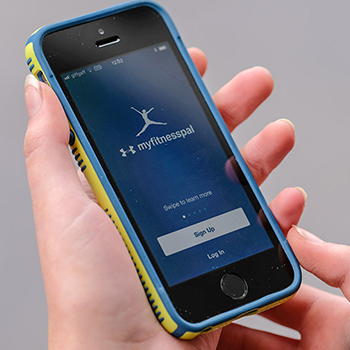
When browsing reviews and asking actual users, it's the lack of problems with the basic functionality of the app that gives MFP a slight advantage.
As you aim for a healthy weight, you will find your eating habits become more controlled, and you have meals that you keep coming back to. Both apps make it simple to save favorites and log them easily again and again in the future.
Both of them have a barcode scanner that you can use to easily scan food labels for their exact nutritional information and add this into your meal or snack logging for the day.
Winner: Myfitnesspal
Cost = Draw
So Noom has three different packages for its users with the cheapest and most popular being the 4-month plan, which works out at $32.25 a month. A by-monthly plan is $59 but you can also buy the 2-month plan for the discounted price of $49.50.
Noom does provide its basic functionality in terms of calorie counting, food logging, and basic exercise tracking for free. There is also a 7 day free trial of its premium service so you can measure its worth for yourself.
However, without paying for the premium service, you will miss out on a lot of the apps functionality and the services that make it so successful in particular.
It's a little different when it comes to Myfitnesspal. They also have a premium service priced at £9.99 a month or $49.99 for a year. However, most users and reviewers agree that the free version of the app is more than enough.
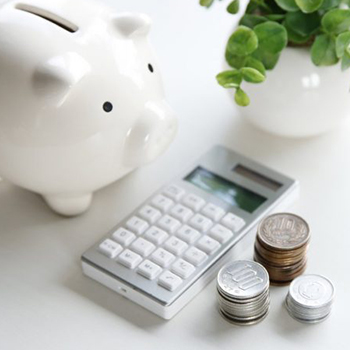
If you choose to pay for the premium version, you do get more in-depth information into the nutrients and food analysis for your diet. But the calorie counting and activity tracking stay the same, and ultimately it's not worth it.
Winner for value: Noom
Winner for free functionality: Myfitnesspal
Customer Reviews = Noom
An app is only as good as its user base. Looking to see what users are saying about it is possibly the best way to get your finger on the pulse of it. We use common user aggregate TrustPilot to get a score and then look into the common reasons for that below.
Noom has over 10,000 reviews on TrustPilot with a 4.2 rating. Over half of all reviewers have rated it at 5-stars, meaning they consider it to be perfect or genuinely excellent.
When looking into the reasons for 1-star ratings, it seems the most common issues revolve around the 7-day trial and those looking to cancel or not having understood how long it would last for. There are also repeated reports of poor communication and sluggish support staff.

Myfitnesspal has considerably fewer reviews logged on Trustpilot with only 65 at the time of writing. The rating scored from those reviews is a less than impressive 2.3-star rating overall. Almost half of all reviews have scored the app at 1-star.
The bad reviews revolve around a few different things, but the most common seems to be the adverts and corporate sellout of the app. There are also complains of private information leak where customers' email addresses and other personal details were leaked on the dark web.
Winner by a huge margin: Noom
Professional Assessment
So it seems Noom has gone over well with its users, but what about the professionals? They are the ones with the credentials to assess and analyze the worth of these apps accurately. Let's check in with a couple to see what they have to say.
The education elements of the app, such as reducing and understanding calories and carbohydrate intake, increasing physical activity, and gaining nutritional knowledge is imperative,
Dr. Sue Decotis
MD, Physician at NYU Medical Center and Lenox Hill Hospital
So an app's worth should be measured in how good it is at teaching the basics of healthy diet and nutrition. It should also encourage users to make positive changes that last well after the desired weight goals have been hit or the subscription has expired.
Noom would be the clear winner in this case because of its access to professionals in the field and the constant stream of information it provides.
Targeted at millennials, Noom is a health app designed by behavioral psychologists to help you lose weight in the long run. It focuses on making tangible, sustainable lifestyle shifts rather than encouraging more extreme styles of eating.
Jaclyn London
Dietician
Noom focuses on providing the motivation you need to not only achieve your target weight but stay there. It highlights the importance of behavioral and lifestyle changes brought on by education and tutelage.
Winner: Noom
FAQ

Is Noom good for losing weight?
Is Myfitnesspal good for losing weight?
Can Noom connect to MyFitnesspal?
Which app is better?
Nothing is black and white, as with all things, there is a level of nuance, but the clear winner overall is the Noom app. It has won out over MFP consistently in almost every category.
Noom is a well-rounded and versatile app that completely justifies the price of its subscription service and has earned the respect and highly favorable review of its user base.
Myfitnesspal does offer a more complete free version of its services. So, if you're looking for an app that you can use for free and still succeed with your weight loss and fitness goals, then this could work out well for you.
If you're truly dedicated and want to learn how to become healthier and stay that way, I would highly recommend the Noom app. You can try it for 7 days for $0.50, or if you're convinced, get the 4-month package at a discounted rate.
